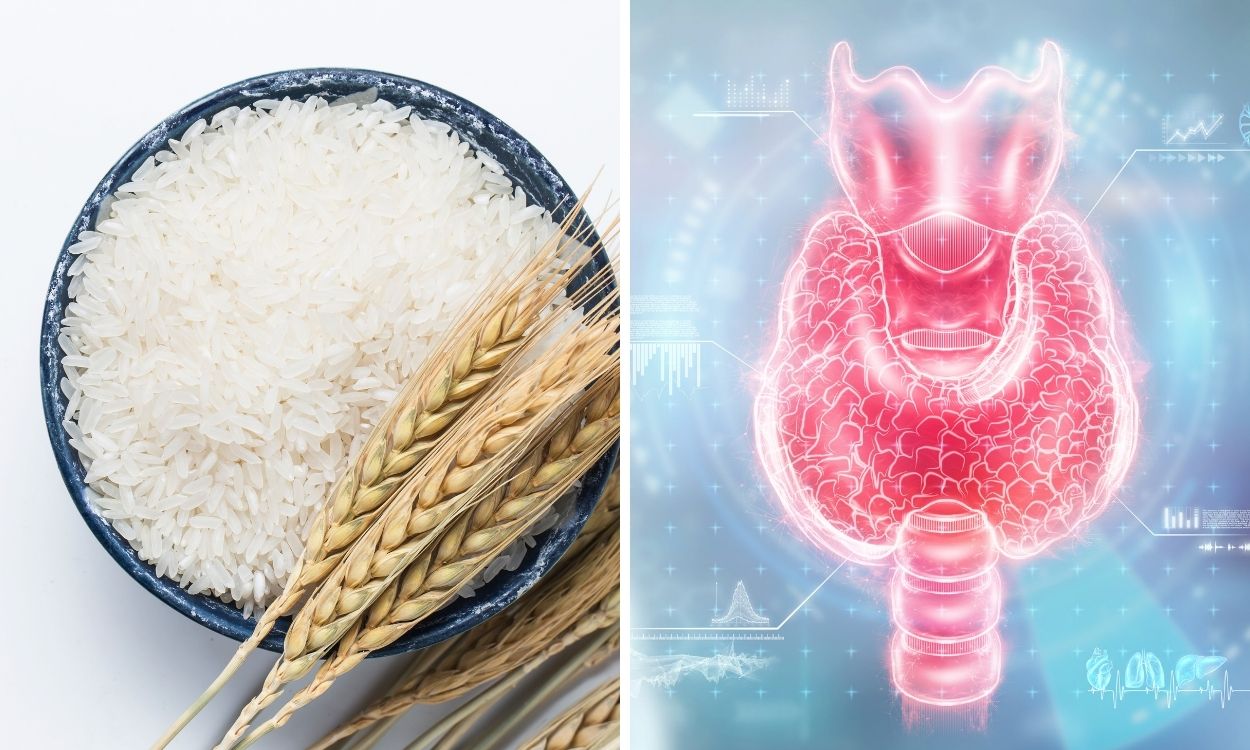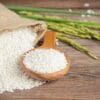Rice and Thyroid Disorders: Goitrogenic Effects and Considerations
Introduction:
Thyroid disorders are becoming increasingly common in India, with an estimated 42 million people suffering from thyroid-related issues. The thyroid gland is responsible for producing hormones that regulate metabolism, growth, and development. One of the factors that can affect thyroid function is the consumption of goitrogenic foods, which can interfere with the production of thyroid hormones. Rice is a staple food in India, and many people wonder if it has any goitrogenic effects. In this article, we will explore the relationship between rice and thyroid disorders and provide some considerations for those with thyroid issues.
What are Goitrogens?
Goitrogens are substances that can interfere with the production of thyroid hormones by blocking the uptake of iodine by the thyroid gland. Iodine is an essential nutrient for the production of thyroid hormones, and a deficiency can lead to goiter, an enlargement of the thyroid gland. Goitrogens are found in certain foods, including cruciferous vegetables like broccoli, cauliflower, and cabbage, as well as soy products, peanuts, and millet.
Does Rice Have Goitrogenic Effects?
Rice is not considered a goitrogenic food, as it does not contain significant amounts of goitrogens. However, some types of rice, such as brown rice, contain phytic acid, which can interfere with the absorption of iodine. This can be a concern for those with thyroid disorders, as iodine is essential for the production of thyroid hormones. However, the amount of phytic acid in rice is relatively low, and it is unlikely to cause significant problems for most people.
Considerations for Those with Thyroid Disorders:
If you have a thyroid disorder, it is important to be mindful of your diet and avoid foods that can interfere with thyroid function. While rice is generally safe to consume, it is important to ensure that you are getting enough iodine in your diet. Good sources of iodine include seafood, dairy products, and iodized salt. It is also important to eat a balanced diet that includes plenty of fruits, vegetables, and whole grains.
Conclusion:
Rice is a staple food in India, and it is generally safe to consume for those with thyroid disorders. While it does contain phytic acid, which can interfere with the absorption of iodine, the amount is relatively low and is unlikely to cause significant problems. However, it is important to ensure that you are getting enough iodine in your diet and to eat a balanced diet that includes a variety of foods. If you have concerns about your diet and thyroid function, it is always best to consult with a healthcare professional. At Fitpaa, we are committed to helping you achieve your health and fitness goals, and we offer personalized plans that take into account your unique needs and preferences. Download the Fitpaa app today and start your journey towards a healthier, happier you.









